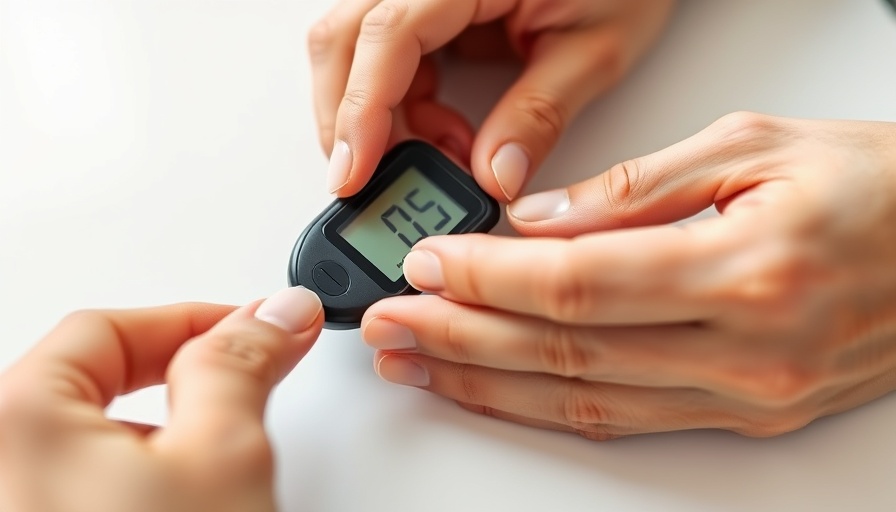
The Hidden Risks of Medical Devices: A Punctured Safety Net
In a world where technology and health intertwine, ensuring the safety of medical devices is paramount. Yet, recent findings reveal a troubling trend: medical device manufacturers are often late in reporting adverse safety events that could jeopardize patient safety. A study published in the British Medical Journal scrutinized over 4.4 million incidents logged with the FDA between September 2019 and December 2022. Alarmingly, only 71% of these adverse events were reported on time, leaving a substantial number of patients at risk.
The implications of delayed reporting are profound. Among the incidents that were reported late, over 197,000 cases involved injuries and over 1,000 reported deaths. As Dr. Alexander Everhart, the study’s lead author, noted, the tendency for manufacturers to submit late reports en masse raises serious questions about transparency and accountability within the industry.
A Closer Examination of Reporting Delays
The FDA mandates that manufacturers report adverse events within a strict 30-day frame. This requirement is crucial for maintaining robust post-market safety surveillance and safeguarding patient wellbeing. Unfortunately, the findings suggest otherwise. More than 402,000 cases were reported more than six months after the incident occurred, often bundled together, indicating a possible reluctance to disclose safety risks in a timely manner.
Why Understanding Medical Device Delays Matters for Patients
This situation becomes even more alarming when we consider that many medical devices are approved based on limited clinical data. The failure to report safety issues promptly can lead to avoidable injuries or even fatalities. For patients relying on devices such as insulin pumps, glucose monitors, or dental implants—many produced by well-known companies like Medtronic and Abbott—the risks are not merely statistics; they represent real lives affected by potential malfunctions.
Healthcare Community's Role in Patient Advocacy
The media has begun to highlight the dangers associated with medical device malfunctions, sparking discussions around better regulatory practices. As patients, it’s important to advocate for oneself in the healthcare system. This includes being aware of one’s devices, understanding potential risks, and keeping an open line of communication with healthcare professionals.
Seeking Solutions: The Path to Timely Reporting
For change to occur, all stakeholders—manufacturers, regulators, and healthcare professionals—must work together to prioritize patient safety. Advocating for improved reporting practices is crucial. Continued transparency in reporting can safeguard public trust and contribute to better patient outcomes. Moreover, understanding the importance of timely adverse event reporting can empower patients, encouraging them to remain vigilant about their healthcare choices.
Emotional Impact: The Human Side of Medical Devices
As we delve into these statistics, it becomes clear that behind every number lies a human story. Patients depend on these devices for their health and wellbeing, making it essential to highlight the emotional journey individuals face when learning about potential safety issues. Ensuring that these devices function properly is not just a regulatory concern but a matter of compassion and care for those whose lives depend on them.
Conclusion: Take Action for Safety
As patients and advocates, it’s vital to demand accountability from manufacturers and regulatory agencies alike. Being proactive about our health includes holding those who provide our medical devices to the highest standards of safety and transparency. Stay informed, speak out, and ensure that your voice is part of the dialogue surrounding medical device safety. By working together, we can contribute to a future where patient safety is always prioritized.
 Add Row
Add Row  Add
Add 




Write A Comment